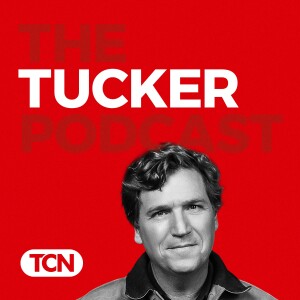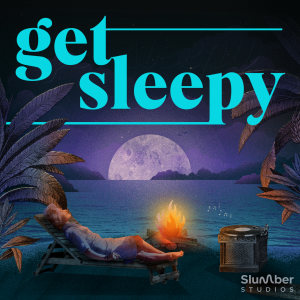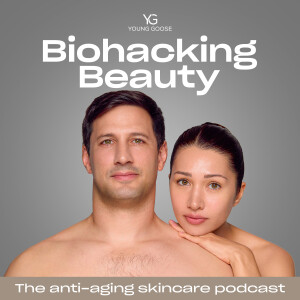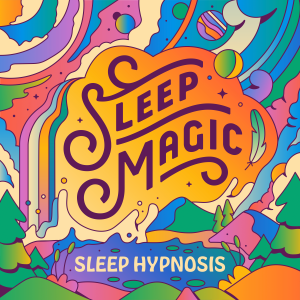

University of Naples (Italy), June 2, 2021
Study Objective
To evaluate the effects of a standardized oral spray of poplar-type propolis extract (M.E.D. Propolis) on the symptoms of mild upper respiratory tract infections (URTIs)
DesignA monocentric, placebo-controlled, double-blind clinical trial performed in an outpatient setting
ParticipantsThis study involved 122 subjects (58 in the propolis group and 64 in the placebo group). The age range was from 18 to 77 years; 54 subjects were male, and 68 were female. All subjects had signs and/or symptoms of a URTI. Subjects were examined by a physician and were eligible for inclusion in the study if they suffered from 1 or more of the following common URTI symptoms: sore throat, muffled dysphonia, and swelling and redness of the throat that began on the same day as the baseline visit (t=0).
InterventionThe subjects were randomly assigned to receive either a propolis oral spray or a placebo spray from t1 to t3 (5 days). Dose was 2 to 4 sprays 3 times daily. Researchers evaluated each participant at 4 time points: baseline=t0, after 3 days=t1, after 5 days=t2, and at 15 days=t3.
The propolis spray was standardized to contain 15 mg/mL of polyphenols. The spray had a reproducible composition of the 6 major flavonoids found in this type of propolis (ie, galangin, chrysin, pinocembrin, apigenin, pinobanksin, quercetin). Each participant used 2 to 4 sprays 3 times daily for 5 days. The placebo spray had an identical appearance and flavor to the propolis spray.
Study Parameters AssessedApart from the primary outcome measure, the researchers evaluated the persistence of positive bacterial throat cultures at t3. They performed throat swabs on all subjects at t0 and then again at t2 and t3 on those subjects who had an initially positive throat culture. At t0, 8 people in the treatment group and 7 people in the placebo group were positive for a bacterial URTI. At t3, none of the subjects in either the treatment or placebo group were found to have a positive bacterial throat culture.
Primary Outcome MeasuresThe primary outcome measure was the resolution of URTI symptoms. Researchers assessed these symptoms at baseline (t0), 3 days (t1), after 5 days (t2), and at the final timepoint (t3) of the study, 15 days.
At t1, 17% of the participants in the treatment group still had 1 symptom of an URTI. In contrast, about 72% of people in the placebo group still displayed 1 symptom (RR: 2.93, CI: 1.95–4.42).
The results of a univariate analysis showed that only treatment with oral propolis spray was related to the disappearance of symptoms (resolution of all symptoms in the treatment group vs the placebo group: X2=35.57, df=1, P
More Episodes
All Episodes>>You may also like
Create Your Podcast In Minutes
- Full-featured podcast site
- Unlimited storage and bandwidth
- Comprehensive podcast stats
- Distribute to Apple Podcasts, Spotify, and more
- Make money with your podcast
- Privacy Policy
- Cookie Policy
- Terms of Use
- Consent Preferences
- Copyright © 2015-2025 Podbean.com












